What is video game localization? How to effectively localize a game to tailor it to your new target market? In this article, Thao & Co. discusses 5 examples of video game localization and the valuable lessons we can learn from these controversies.
Video game localization refers to the process of adapting the language and various elements of a game to align with the cultural characteristics of the target market. It can be said that video game localization plays a crucial role in helping game producers expand into new markets successfully.
It can be difficult for players in a market to access or decide to purchase a game when the product is not available in their language. In addition, the localization process also involves integrating many cultural aspects into the game through visual elements, soundtracks, graphics, and more. Therefore, video game localization helps game publishers overcome language and cultural barriers to get closer to their players.
It can be said that localized games allow players to fully appreciate the artistic creativity game developers have put into their products.
In the previous section, Thao & Co. has provided an overview of video game localization and its role. To better understand the specific applications of localization, we will delve into 5 famous examples of video game localization.
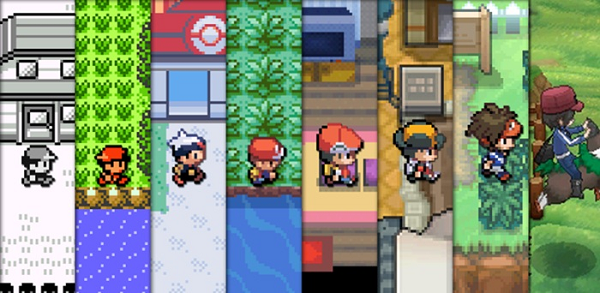
Pokémon is one of the classic case studies when it comes to video game localization. This game was first released in Japan in 1996. Nearly 2 and a half years later, Pokémon Red and Pokémon Blue were released in North America, and one year later, in Europe.
Regarding the localization of Pokémon versions, Junichi Masuda, Game Director of Game Freak at that time, stated that the company wanted to provide the best gaming experience for players not only in Japan but also in many other countries around the world.
Before the official Chinese-language Pokémon version was available, players in this country had become accustomed to unofficial translations, fanmade adaptations based on the Japanese or North American versions. However, the different Chinese dialects used in Hong Kong, Taiwan, and mainland China created inconsistencies across the Pokémon versions circulating in these three regions.
When Nintendo entered the Chinese market in 2016, they decided to unify these three variants into one official version of the Pokémon game. This decision sparked strong opposition in the gaming community at the time. Avid gamers in each region held deep emotional connections to their respective Pokémon versions, so this change was hard to accept.
For example, in Hong Kong, Pikachu was called “Bei Ka Chiu“, but the new version used “Pei Ka Yau” instead. The decision to change the names of not only Pikachu but also other Pokémons caused a considerable number of fans to protest and demand that the publisher revert to the old Hong Kong version.
Nintendo decided to keep the official translation and encouraged users to play the game in English. However, they soon realized that this approach did not benefit the company, and had to postpone many planned promotional activities in Hong Kong.
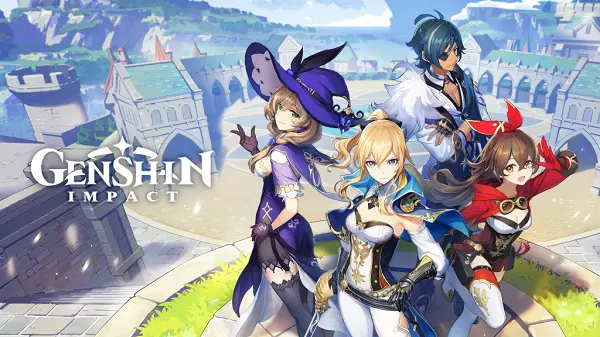
Genshin Impact is an open-world action role-playing game (RPG) developed by miHoYo, a Chinese game company, and was initially launched in the domestic Chinese market. It soon made waves in the international gaming community.
Despite winning many prestigious awards and consistently topping the list of most downloaded games, the English version of Genshin Impact has faced criticism from its own fan community. Many players believe that the English translation lacks naturalness and fails to accurately represent the characters’ personalities.
For example, in the English version, Paimon used the phrase “just a pile of junk” to comment on the box left by Razor’s parents. Many people found this phrase to be rude, especially in the context of the story at that time. In the original Chinese version, the publisher used the term “杂物“, which refers to miscellaneous items without carrying a negative connotation, while “junk” in English is used to refer to discarded, useless things. Players in other languages also pointed out that Paimon’s comments in their localized versions did not sound as rude.
In addition, some players noticed that the English translation was based on the Japanese version rather than the original Chinese version. This made the translation deviate even more from the original message and context intended by the developer.
From this example of translation and video game localization, it’s clear that insufficient understanding of language, context, and cultural elements can result in an unnatural translation that fails to convey the original.
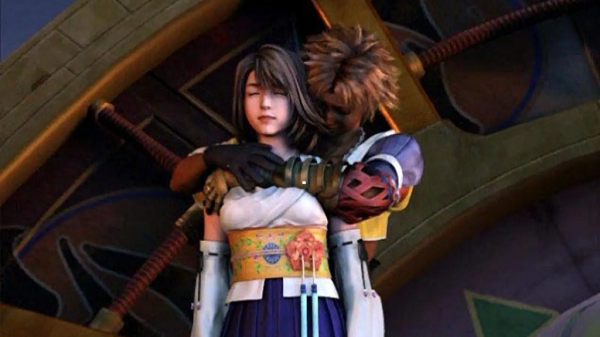
In an emotional farewell scene between two characters, Yuna and Tidus – her traveling companion and love interest – the Japanese version of Yuna says “ありがとう” (thank you) to Tidus. In this context, the Japanese phrase “thank you” carries a deeper meaning than a typical expression of gratitude. It also represents a farewell, a comforting message from Yuna to a sorrowful Tidus, and perhaps, her declaration of love. The game developers displayed a high level of sophistication in the character’s choice of words, using a single phrase that appears simple but carries multiple layers of meaning, making this scene a favorite topic for analysis among fans.
When translating for players in North America, the localization team believed that a literal translation of “thank you” would not fully capture the depth of Yuna’s message and emotions. Additionally, since this was a close-up scene, the translation needed to sync with the character’s lip movements for optimal dubbing.
Finally, the team decided that “I love you” was the best option. However, many people felt that this translation was too direct and not in line with the character’s personality. But from a language function perspective, this translation was able to convey the nuances nested in the original.
Alexander O. Smith, one of the translators involved in this decision, stated that the translation successfully met the cultural and technical requirements while still serving fans of the series.
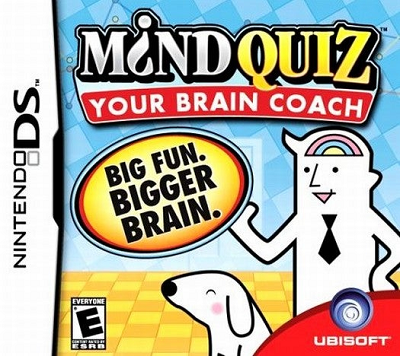
In the English version of the game MindQuiz, the phrase “super spastic” was displayed when players failed a challenge. However, the original Japanese version did not contain this phrase; it was believed to be a creative addition by the localization team.
This phrase caused outrage in the disability community in the UK and led Ubisoft to rapidly withdraw its product. Nevertheless, players in Australia did not have such a strong reaction to this translation.
This further emphasizes the importance of localization quality assurance (LQA) when introducing a video game to new markets. Even though the same language is used, players in each region or country have different language preferences and habits. Localization must take into account these differences and make prompt adjustments to minimize risks and provide the best user experience.
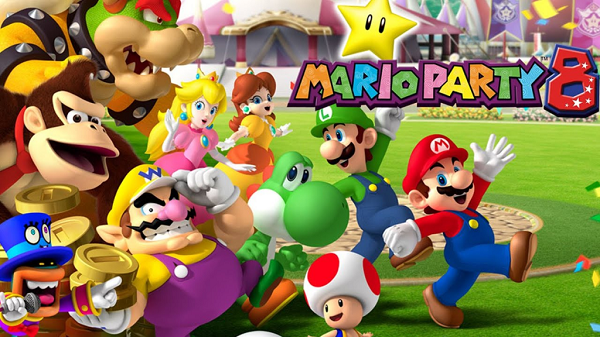
Wii Mario Party 8 is another example of a video game that was withdrawn in the UK due to the use of inappropriate language in its translation.
Encountering a similar issue to MindQuiz, the game Wii Mario Party 8 used the word “spastic” in the incantation of the blue wizard: “Magikoopa magic! Turn the train spastic! Make this ticket tragic!” Prior to this, the game was also released in the United States without any issues since “spastic” is not considered an offensive term there.
Both MindQuiz and Wii Mario Party 8 were recalled due to the accidental use of taboo language. This problem stems from a lack of understanding of local cultures. To avoid such pitfalls, translators need to thoroughly research the language, idioms, and cultural elements of the target market.
Based on the examples above, when undertaking video game localization, it is best to consider the following:
If you are looking for a reputable video game translation and localization agency, Thao & Co. Translation Company is pleased to be your trusted partner.
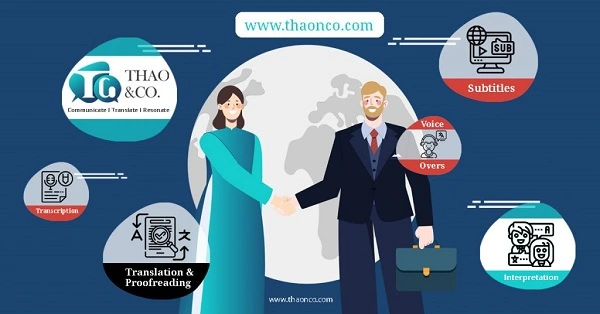
At Thao & Co., we have a team of native linguists with years of experience in the field of video game translation and localization. Rest assured that your video game will be so well-localized that even the most discerning gamers can’t help but fall in love.
Throughout the collaboration, you can directly communicate with our expert team via our proprietary platform.
In addition, to help your localized game reach its full potential, Thao & Co. also provides high-quality complementary services such as:
That concludes our deep dive into popular video game localization examples. We hope these insights can help you optimize your video game localization process.
If you have any questions or need assistance with App + Software + Website + Game Localization services, please contact us through our Get a Quote page for a detailed consultation.